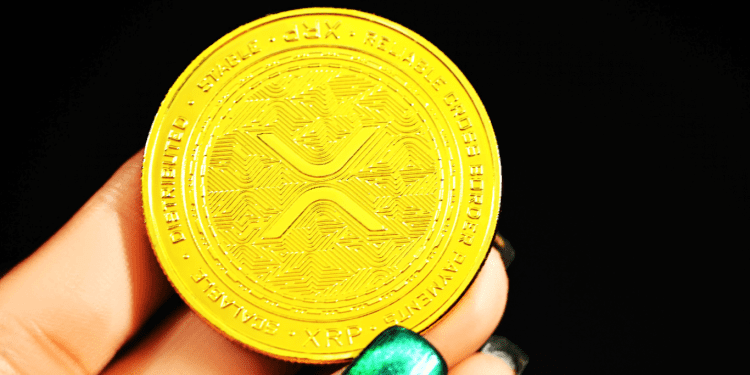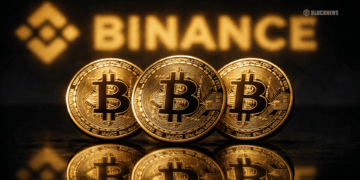According to a claimed snippet from an SEC communication, Ripple’s XRP may not fall within the SEC’s definition of security.
- According to a claimed snippet from an SEC communication, Ripple’s XRP may not fall within the SEC’s definition of security.
- The email’s creator thinks that XRP does not entirely meet the requirements of the Howey Analysis and is therefore most likely not a security.
Introduction
Intense concern has been focused on the continuing legal dispute between Ripple and the U.S. Securities and Exchange Commission (SEC) in the cryptocurrency sector. Recent evidence suggests that the cryptocurrency issued by Ripple, XRP, may not fit the SEC’s definition of security, according to a claimed excerpt from an SEC email. This information, which pro-Ripple lawyer John Deaton released on Twitter, has spurred more discussion about the XRP regulatory status.
The Howey Test and XRP’s Regulatory Classification
The email snippet mentions the Howey test, a legal methodology used by the SEC to determine whether a specific asset should be labeled as a security. XRP may not be regarded as a security under federal securities laws, the letter claims, because it does not satisfy all of the criteria outlined in the Howey Analysis. The email’s writer conveys the opinion that because XRP is almost certainly not a security, the SEC should not have regulatory control over it.
Unraveling the Origins of the Email Excerpt
Although the email snippet has generated a lot of enthusiasm among XRP supporters, its exact source still needs to be determined. Due to the considerable involvement of SEC officials in the case, John Deaton, the attorney who posted the document on Twitter, hypothesizes that an SEC attorney prepared it. Later, he suggests that the language was not a direct quotation from an SEC representative because Ripple has never used it to support itself.
Deaton emphasizes the significance of the email snippet, stating that it indirectly refers to XRP’s regulatory status inside the email chain, referring to the drafts of a speech by William Hinman, the former SEC Director of Corporation Finance, even though its source is unknown. Deaton claims that the mention’s appearance in the email chain shows that XRP has been discussed concerning the SEC, even though the precise context of the reference is still unknown.
Implications for Ripple and XRP
The publication of the email snippet might significantly impact Ripple and the XRP regulatory environment. Ripple’s position in the legal conflict with the SEC would be strengthened if it were determined that XRP is not a security and would be exonerated of any possible violations of securities laws. The designation of XRP as a security has raised doubt and regulatory worries about other cryptocurrencies, which may have broader ramifications for the cryptocurrency market as a whole.
The email snippet also reveals issues with the SEC’s strategy for controlling cryptocurrencies. Regulators continue to face difficulties identifying whether digital assets are securities or commodities. The regulatory structure for cryptocurrencies may need to be reevaluated if the SEC admits that XRP does not meet the Howey test and is not a security, which would result in more uniformity and clarity in enforcement.
Conclusion
The reported email snippet that suggests XRP doesn’t meet SEC security requirements has reignited discussion about the cryptocurrency’s regulatory status. The email’s consequences are essential even though its specific origin and writer are still unknown. If XRP is not regarded as a security, this would give Ripple a significant advantage in its legal conflict with the SEC and potentially open the door for regulatory clarity in the cryptocurrency sector. Market investors and enthusiasts anxiously anticipate new revelations as the lawsuit progresses that could affect the future of Ripple and XRP.














